01/7Is your child battling coronavirus anxiety? Watch out for these 4 silent signs
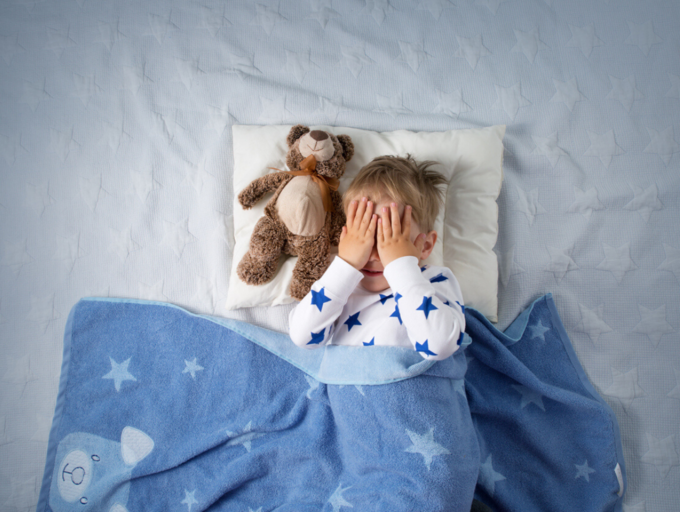
Even as more and more countries go into the ‘unlockdown’ mode, the truth is that the pandemic is far from over. While medical experts and scientists across the globe, inch closer to a cure for the highly infectious disease, the focus has shifted from battling the virus to finding novel ways to function safely in these unprecedented and unpredictable circumstances.
While it is natural to feel overwhelmed and burnt out between work from home, working for home and taking care of the little ones, the impact of the pandemic on children’s emotional wellbeing and mental health isn’t well documented.
02/7Understanding your child’s mental wellbeing during coronavirus pandemic


If the pandemic scares you, just think about the impact it has on your little one. Our lives have been disrupted and our daily routine has been changed dramatically. With schools and workplaces closed for an indefinite period, it is not only the adults who are facing an immense amount of stress and anxiety on a daily basis. It is also important to note that kids pick on what their parents (or adults around them) are experiencing.
03/7Why you need to deal with your own anxiety


Hence, if you are unable to deal with your own anxiety, it is quite likely that your child is observing the same. The sudden distance from friends, school and even their regular playtime outdoors can be overwhelming for children. However, unlike adults, children are unable to vocalise their fears and anxieties in a coherent manner. This is why, in order to make your child feel secure and calm during these challenging times, you need to first decipher the signs of internalised stress and anxiety. Here are four subtle signs that your child is battling coronavirus anxiety:
04/7Increase in bedwetting and older habits


Parents of younger children may notice regressive behaviours or development of old habits during these testing times. Hence, even the child who has been toilet trained may start bedwetting and may go back to old behaviours and habits like thumb sucking and clinging to parents. Pay attention to these signs and ask your child if he/she is feeling has been feeling scared or unwell lately.
05/7Mood swings and cranky behaviour


Children under distress often start throwing tantrums, get snappy and really cranky. So, if you notice these changes in the behaviour of your child, it is always a good idea to check if he/she is feeling stressed or anxious. Kids don’t exactly have a defence mechanism to deal with negative behaviours, hence they resort to irritability, anger and snappy behaviour.
06/7Change in eating or sleeping habits


In addition to regular changes in their sleeping pattern owing to the pandemic, if you feel that your child has been sleeping too much or too little, it is important to note that sign. Be mindful of other changes like loss of appetite, eating more than usual or refusing to eat. These signs can signify emotional distress.
07/7Nightmares


If your child is battling nightmares out of the blue, which is impacting his sleep cycle and overall mood, it is a sign that your kid is grappling with stress and anxiety. Ask him about what kind of dreams he is having lately and are there any repetitive thoughts which are bothering him.








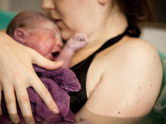











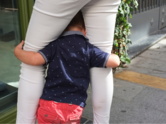
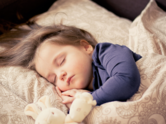
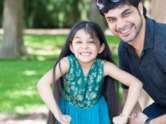














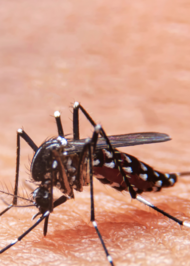














closecomments
SIGN IN WITH
GoogleEmail